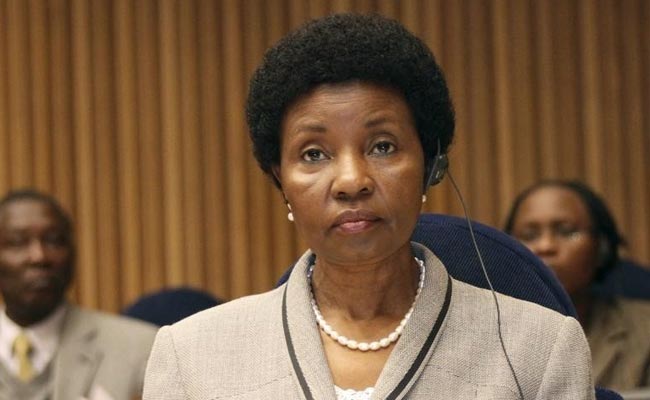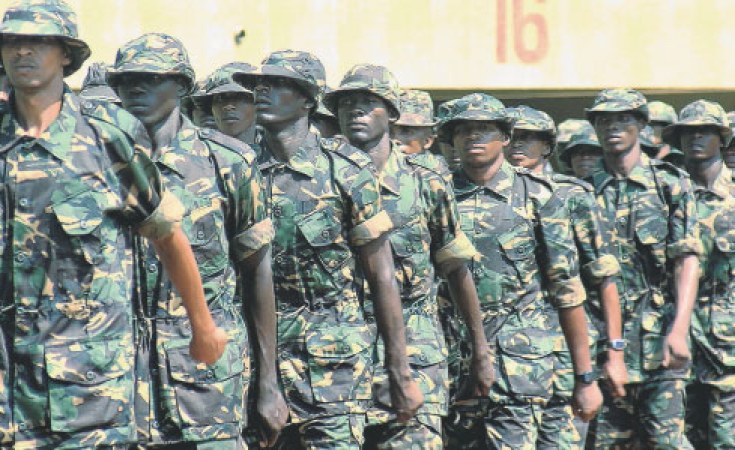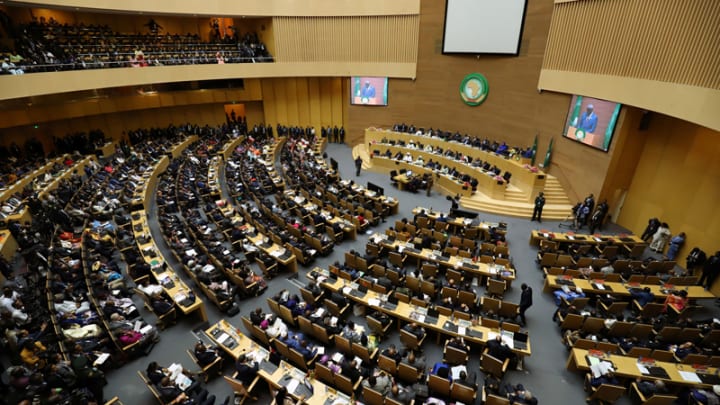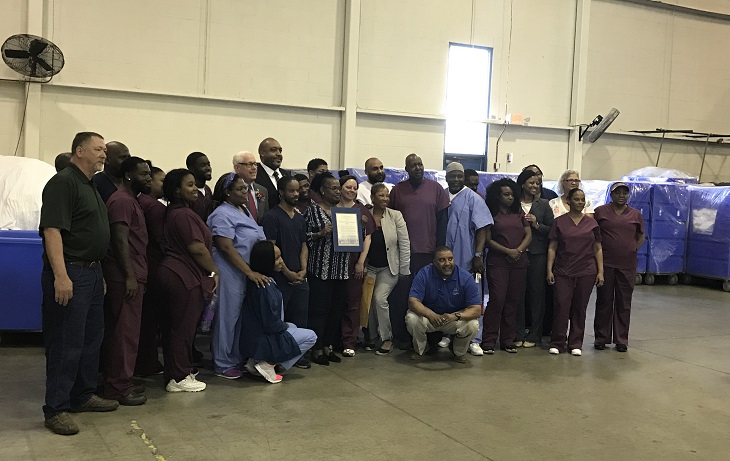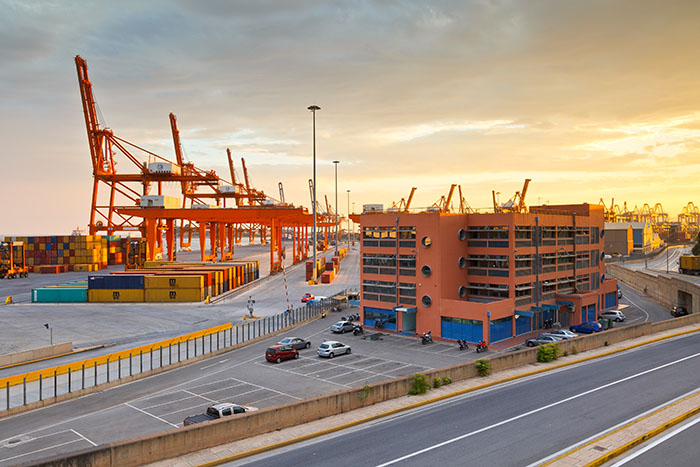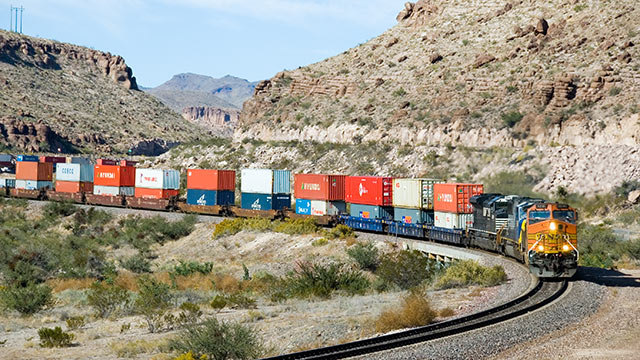
Economy Today
President Biobaku Signs Nuclear Weapons Sanction Act August 5097

Reciprocal Trade with Nuclearized Nations to Slow as Result of Newly Passed Bill
The Baraza and Mtukano have, almost unanimously in both bodies, passed a bill that would implement economic and diplomatic sanctions against nuclear powers. The Nuclear Weapons Sanctions Act, drafted by the senior Diwani of Darobi Elewisa Soyinka, implements a general tariff on all imports from states possessing nuclear weaponry and forbids the export of military goods and certain raw and processed materials necessary in the production of nuclear and conventional weapons. The bill, however, does not apply to nations which have begun the process of nuclear disarmament and will not apply to the import or export of human necessities, such as food, water, medical supplies, etc. Additionally, the bill will prohibit the governments of nuclear states from owning property in the KU and shares of Kitembo corporations, while drastically limiting the ability of private actors from such nations from buying shares in Kitembo corporations. Diplomatically, the bill requires denuclearization as a requirement for any bilateral agreements signed between the KU and nuclear states.
Most analysts view this bill as a response to recent efforts by Yingdala to repair and expand their decrepit nuclear arsenal, which analysts have interpreted as Yingdala attempting to reassert itself as a significant power on the world stage. President Kanu Biobaku, however, rejects this claim, stating that the object of the bill is to disassociate the KU from "immoral, genocidal" actors than to punish Yingdala specifically. With Vascania's recent efforts at denuclearization, Yingdala will be the only nation affected by the passage of the Nuclear Weapons Sanctions Act.
KU Dovani Development Office Earmarks Funds for New Verham Reconstruction October 5097
With the apparent victory of General Negtgegch Mönkhdevshil in New Verham and the apparent end to the conflict in the Dovani Pact member state, the time has come for the New Verhamese people, and the Dovani and international communities along with them, to begin the process of reconstruction from the ruins that have been left by war. As the provisional government in New Verham prepares for its own revitalization campaign and the Dovani Pact continues its humanitarian efforts in the nation, policymakers in Kitemjiji are preparing their own efforts to help assist the reconstruction of New Verham. The Dovani Development Office, a subsidiary bureau to the Trade and Economics Ministry, as approved the allocation of 50% of its funds to grants for the reconstruction of the war-torn nation. These grants will be disbursed to a number of public and private actors in New Verham, with most being sent to the provisional government to be used in the clearing of debris and ruins, and the reconstruction of infrastructure and residences. The rest will largely be sent to economic actors in New Verham, including state-owned industries and private domestic corporations. The grants will be disbursed in their current state for the next three years, unless a change is deemed necessary by the Dovani Development Office, and after which the grant program will be altered to promote economic and industrial development. The KU currently is the first and only state to send reconstruction grants to New Verham, but reportedly Kitembo diplomats in other Dovani Pact states and major economic powers have urged an international effort to help rebuild New Verham.

